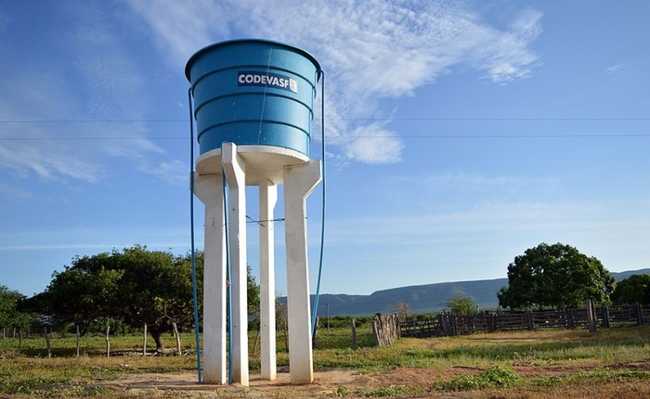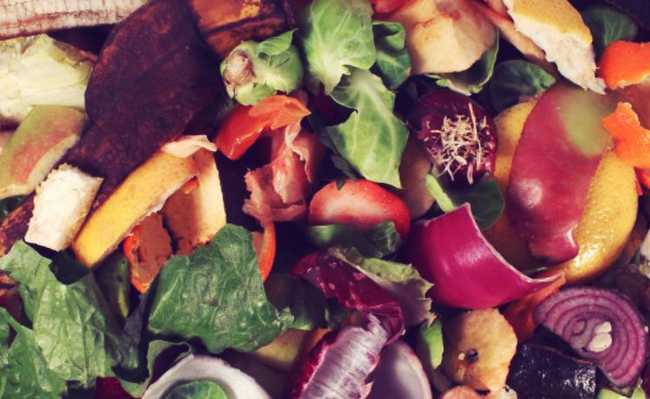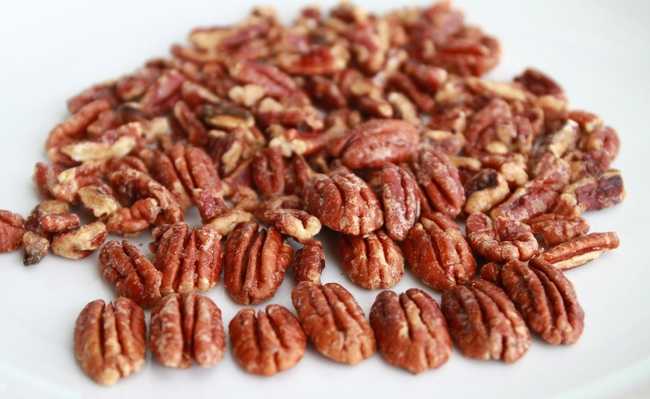Why grow edible sprouts?
Sprouts contain more protein, vitamins and minerals than ungerminated seeds

Edited and resized image of Deviyahya is available on Unsplash
Sprouting edible sprouts is a practice that can be very beneficial to your health. When germinated, seeds and grains increase their amount of protein, vitamins and minerals; besides decreasing the amount of antinutrients and improving its digestibility. Check out:
How it works
To grow sprouts, in general, you must first soak the seeds for up to 24 hours. After this step, it is necessary to drain all the water from the sauce and sprinkle it with fresh water for a few days.
- Sunflower Seed Has Amazing Benefits
Grains and legumes such as sunflowers, buckwheat, beans, chickpeas and lentils can be cooked and added to dishes or ground and added to the flour used for various purposes, such as baking. The germination process increases the concentration of various nutrients and decreases the amount of antinutrients.
- Beans: benefits, contraindications and how to do it
- Scientifically Proven Chickpea Benefits
- Lentil: benefits and how to do it
- Buckwheat: what it is and properties
Increases the amount of nutrients and digestibility of grains
Whole grains and pulses are rich in fiber, B-complex vitamins and important minerals, including iron, zinc and magnesium (see studies on this: 1, 2). They also contain a good amount of protein, which is essential for growth, development, immune function and general health (see study about it here: 3).
But according to a study published by the platform PubMed, germination can further increase the amount of amino acids (proteins) and the bioavailability of vitamins and minerals. Another study showed that, compared to un-sprouted bean seeds, cowpea sprouts have four to 38 times more vitamin C, nine to 12% more protein and 20% greater digestibility.
Another study showed that sprouting buckwheat seeds significantly increased levels of antioxidants, proteins, flavonoids and nutrients; and decreases antinutrients.
- Ten high protein foods
- Your brain loves magnesium, but do you know it?
- What are amino acids and what are they for
Also, sprouting sprouts can reduce the amount of gluten in the beans, which can make them easier to digest, especially for people sensitive to gluten, according to the study.
- What is gluten? Bad guy or good guy?
Decreases the amount of antinutrients
Phytic acid, lectins and protease inhibitors are compounds found in grains and legumes that reduce the ability to absorb nutrients, and are therefore called "antinutrients" (see study on this: 4). Sprouting these grains, on the other hand, can reduce the content of the antinutrient phytic acid by up to 81% (see studies about 4, 5).
Another study found that sprouting sprouts decreased lectin levels by 85% and protease inhibitors by 76%. This process can increase the absorption of important proteins and minerals, such as iron, zinc, calcium, magnesium and manganese (see study about it here: 5).
- What are iron rich foods?
Increases satiety and helps you lose weight
If you are overweight, starting to sprout sprouts at home for your own consumption can be a way to start catching up on your health. Sprouts are rich in fiber, which increase satiety and help with weight loss (see study about it here: 6).
- Fiber-rich foods
- What is dietary fiber and its benefits?
They also contain a good amount of protein, which reduces appetite and calorie intake (see study about it here: 7). In addition, a study carried out with 1,475 people showed that those who regularly consumed beans had lower body weight and waist circumference than those who did not have this habit. Bean consumers still had a 23% lower risk of increased waist size and 22% lower risk of obesity.
- If US residents traded meat for beans, emissions would be drastically reduced, research says
Improves blood sugar levels
Fibers present in sprouts also help control blood sugar, slowing the absorption of glucose into the bloodstream, which prevents peaks and falls in blood sugar levels (see study on this: 8).- Fiber-rich foods fight diabetes and high cholesterol
According to a study of 11 people, consumption of sprouted rice for six weeks significantly reduced blood sugar levels compared to white rice. Other studies have also found a connection between consumption of sprouted legumes and whole grains and better blood sugar control.
Cultivating sprouts is good
Sprouts can be cooked and used in soups, stews, sauces and risottos. Raw, they go perfectly with salads and snacks. Growing sprouts at home is also a way of ensuring organic food is always on hand, saving trips to the market and avoiding disposable packaging.










